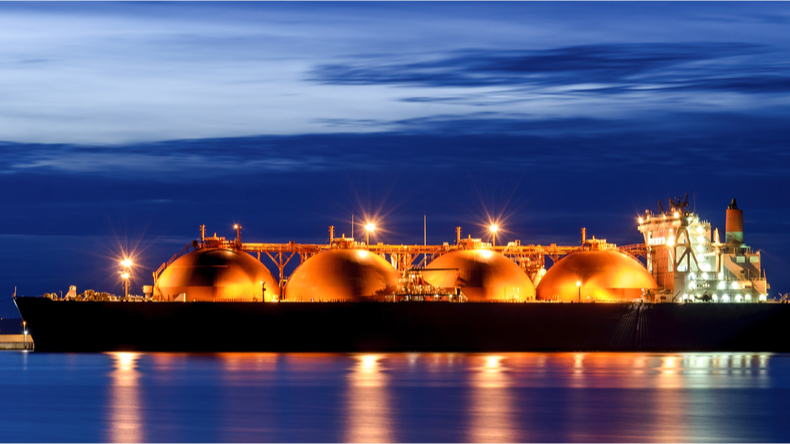LNG backers say methane can be managed
Methane slip from LNG fuel is a problem to be managed and should not stop shipping using LNG to reduce its emissions, industry groups have said after the IMO reported a 150% rise in methane
SHIPPING should not abandon liquefied natural gas because of its rising methane emissions, industry backers have said after an International Maritime Organization report renewed concerns about the greenhouse gas.
Industry groups defended LNG as a bridge to zero-carbon ships and said its potential to reduce overall emissions could offset the problem of ‘methane slip’, which happens when unburned methane escapes from an LNG engine.
The IMO last week reported emissions of methane, a far stronger greenhouse gas than CO2, rose 151-155% from 2012-18 as use of LNG as fuel rose 28-30%.
Emissions watchers like the International Council on Clean Transportation said the report's findings meant shipping should abandon LNG and shift investment to zero-emission fuels.
But Christos Chryssakis, a business development manager at DNV GL Maritime, told Lloyd’s List the rise in methane was the expected result of the industry moving from steam turbines to LNG combustion engines, which emitted more methane but much half as much CO2.
He said the bigger, two-stroke LNG engines increasingly used in deepsea ships emitted much less methane than four-stroke engines on smaller, coastal ships. Newer ships were better than older ones and high-pressure LNG engines better than low-pressure engines, he said.
Mr Chryssakis said engine makers knew methane was likely to be regulated soon and were doing all they could to reduce it. Treatments to strip methane from exhaust gases were also being developed.
“Technology today is much better now than it was five or eight years ago,” he said. “LNG actually has the potential to reduce overall greenhouse gas emissions by 20%.”
Mr Chryssakis said methane emissions would increase with LNG usage, “but we actually have to look both at CO2 and methane together and look at the overall greenhouse gases”.
The industry could not wait another 10-15 years for zero-carbon fuels to became available and no other fuel yet offered the savings of LNG, he said.
Lloyd’s Register marine and offshore director Nick Brown said the IMO’s Energy Efficiency Design Index should be broadened to regulate methane and other greenhouse gases.
“We look forward to continuing working across the supply chain to assist in further reducing methane emissions in order that LNG as a fuel remains a viable investment until there is a better deepsea alternative fuel,” he said.
Kongsberg Maritime Finland senior vice-president of business concepts Oskar Levander said LNG engines still offered “a clear environmental benefit” even with the methane slip problem.
“It is an important issue to keep in mind and try to improve, but it is not a reason to not use LNG today,” Mr Levander said. LNG also emitted less sulphur and nitrogen oxides and particles, he added.
Lobby group Sea-LNG said: “Today, and for the foreseeable future, LNG is the only viable fuel for deepsea ocean shipping which improves both air quality and GHG performance.”
BIMCO deputy secretary general Lars Robert Pedersen said: “We are currently studying the method used to estimate the methane emissions [in the IMO study] as well as the assumptions made about technology assigned to each LNG-fuelled ship in this connection.”




